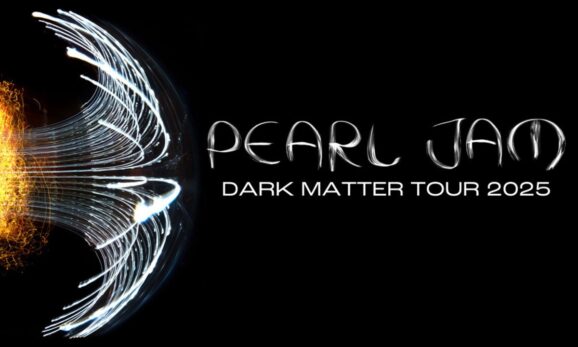[rating=7.00]
 As they’ve managed to prove over the course of more than a dozen previous offerings, Low is clearly not the most effusive combo, especially as evidenced by their ongoing MO. For what it’s worth, this Duluth Minnesota-based band has held fast to that palette for the past 22 years, never opting to compromise for the sake of increasing their fortunes or achieving possible commercial gain. Helmed by founding members Alan Sparhawk, who plays guitar and sings vocals, and his wife, Mimi Parker on drums and secondary vocals, and with the addition of recent recruit Steve Garrington playing bass, they’ve both pioneered and held fast to that genre popularly known as “slowcore,” without ever conceding their essence to achieve that broader base.
As they’ve managed to prove over the course of more than a dozen previous offerings, Low is clearly not the most effusive combo, especially as evidenced by their ongoing MO. For what it’s worth, this Duluth Minnesota-based band has held fast to that palette for the past 22 years, never opting to compromise for the sake of increasing their fortunes or achieving possible commercial gain. Helmed by founding members Alan Sparhawk, who plays guitar and sings vocals, and his wife, Mimi Parker on drums and secondary vocals, and with the addition of recent recruit Steve Garrington playing bass, they’ve both pioneered and held fast to that genre popularly known as “slowcore,” without ever conceding their essence to achieve that broader base.
Consequently, fans may find Ones and Sixes to be something of a surprise. In essence, it sees them attempting more of an expressive delivery, or what might be construed as an attempt at achieving some measure of accessibility. Don’t be mistaken; the tone is still austere, and, true to form, the subject matter is decidedly troubled. Nevertheless, there is some variation this time around. The themes veer from struggle to intimacy, but the sound isn’t wholly defined by the veil of melancholia that’s enveloped Low’s music in the past.
The difference here is that previously, the allure that’s associated with Low’s spectral sound has always been seductive but at the same time, seemingly just out of reach. Mesmerizing, haunting and yet strikingly aloof, the melodies can have the effect of swirling in the ether. The new album allows Sparhawk and Parker’s sublime harmonies to leave a lingering embrace, one that puts the sound across despite — or perhaps because of — their effective means of incorporating atmosphere and ambiance. Here, they mine that template more richly than ever before, and while there are no hummable hooks to speak of, the exacting rhythms that propel “Congregation,” “The Innocents” and “No Comprende” do add a certain emphasis where it’s needed the most. The droning “Landslide” is also striking, although once again it should be said, any hint of a memorable refrain is clearly lacking.
Still, there are other tracks that provide the jolt the album needs to keep it from sinking into their typical melancholy malaise. For example, the shimmering “No End” and the perky “What Part of Me” actually help to jump start the proceedings and give a certain uptick to the energy. However, don’t expect Ones and Sixes to provide Low with an overt change of course, at least as far as any exuberance is concerned. The sentiments may vary, but this is hardly the kind of album you’d play for someone who needs coaxing from off the ledge. It’s mostly solitary stuff after all. As a mood piece, it’s decidedly downbeat. Even so, Low clearly possess their own unique charms, and given the effect they leave on their listeners, they can always promise to be as striking as they are somber.







